University of California San Francisco
Give to UCSF-
-
UCSF Receives $500M Commitment from Helen Diller Foundation to Begin Planning New Hospital
UCSF has received a $500 million commitment from the Helen Diller Foundation to support the planning, design and construction of a new, world-class hospital at the University’s historic Parnassus Heights campus, ensuring that UCSF can continue to provide premier care to patients in the San Francisco Bay Area and beyond in the 21st century.
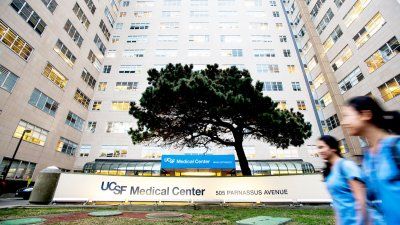
-
UCSF Community Saddened by Loss of Quiet Champion Sanford Diller
Sanford Diller, a self-made real estate magnate, philanthropist and dear friend and longtime champion of UCSF, died peacefully at his home in Woodside, Calif., on Feb. 2. He was 89.
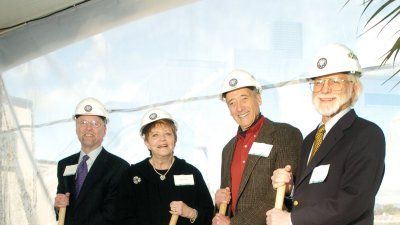
-
Program Aims to Bridge Gap Between Primary Care and Mental Health Services
A pilot program at UCSF was designed to deliver rapid-access medication management and psychotherapy services to patients with the goal of returning them to their primary care providers for continuing care once they have been stabilized.

-
Creation of New Brain Cells May Be Limited, Mouse Study Shows
Many researchers have long assumed that most stem cells in the body can produce new cells indefinitely, but new research at UCSF shows that this is not the case in the brain.
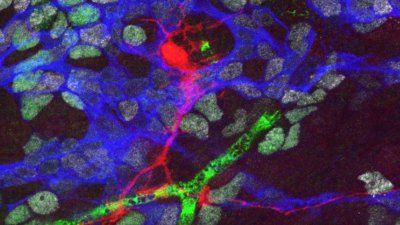
-
Doctors and medical staff rally for 'Dreamers' at UCSF
-
New Evidence Shows Potential of Two Drugs to Block Malaria Transmission
An international team of researchers has shown that two different compounds, can safely and effectively be added to treatment regimens to block transmission of the most common form of malaria in Africa.
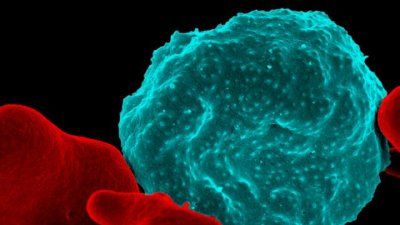
-
Despite Bans, Toxic Flame Retardants Continue to Show Up in Pregnant Women’s Blood
A UCSF research team has found that while banning flame-retardant chemicals initially led to a reduction in exposure, a disturbing trend is emerging of exposure leveling off or even rising again.

-
A Brain Chemical Blamed for Mental Decline in Old Age Could Hold Key to Its Reversal
UCSF researchers have identified the buildup of one brain chemical as a key culprit behind age-related learning and memory impairments. Tuning levels of this chemical in the worm C. elegans, they could delay and even reverse the declines of old age.

-
Sonoma Valley Hospital to Affiliate with UCSF
-
UCSF’s Resource Allocation Program (RAP) Accepting Applications for the Spring 2018 Cycle
The Resource Allocation Program (RAP), in partnership with many on-campus sources of research funding, facilitates the dissemination, submission, review and award of intramural research funding opportunities on campus.

-
Study Points to Immune System’s Role in Neural Development
A new study shows that an immune signal named interleukin 33 plays a crucial role in allowing the brain to maintain the optimal number of synapses during the development of the central nervous system.
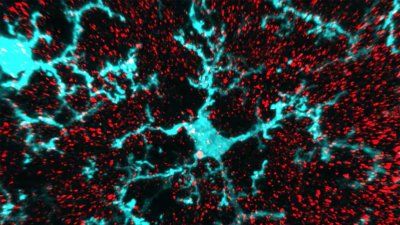
-
'Anxiety Cells' Identified in the Brain
For the first time, neuroscientists have identified “anxiety” cells deep inside the brain.
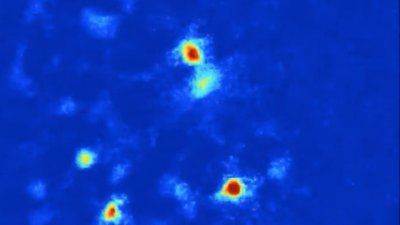
-
Researchers Discover 'Anxiety Cells' In The Brain
-
Babies Are Being Born Too Early. For Black Women, It's Worse
-
Uniquely Human DNA Sequences Control Brain Development
Stretches of DNA that make us uniquely human are partly responsible for controlling neuron growth, according to new research from the Gladstone Institutes and UCSF.
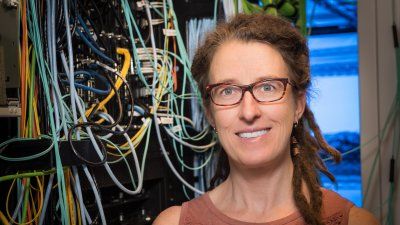
-
Scientists pluck a light-sensitive protein from plants to study cancer metastasis
-
Is 'Junk DNA' What Makes Humans Unique?
-
Could a Protein Called Klotho Block Dementia and Aging?
Denal Dubal, an associate professor of neurology at UCSF, thinks we can use the science of aging to help stave off these neurodegenerative diseases.
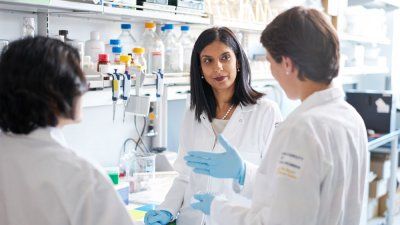
-
Is Smoking Pot While Pregnant Safe For The Baby?
-
Researchers Invent Reversible 'Off-Switch' for Cellular Proteins
UCSF scientists have invented a technique that lets them precisely and reversibly disrupt the action of specific cellular proteins at a microscopic scale by making them split apart when illuminated with blue light.
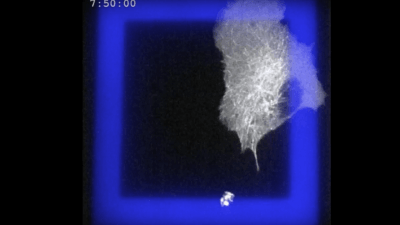
-
Diabetes Makes Bones Less Bendable, More Prone to Fracture
Type 2 diabetes is known to be a risk factor for bone fractures – but exactly how diabetes makes bones more fragile has been unclear.
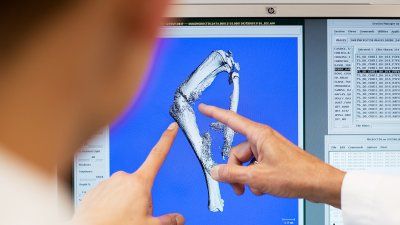
-
Stem Cells Made by Modifying the Epigenome with CRISPR
-
E-cigarettes could help you quit smoking – and help your kids start
-
New Approach Attacks 'Undruggable' Cancers from the Outside In
Researchers at UCSF have found a way to attack one of the most common drivers of lung, colorectal, and pancreatic cancer by targeting the proteins it produces on the outside of the cell.

-
Former Chief Campus Counsel Marcia Canning, UC Stalwart for More Than Three Decades, Dies
Marcia J. Canning, UCSF’s former chief campus counsel, who bolstered the University’s legal services program and served more than three decades in the University of California system, has died. She was 69.
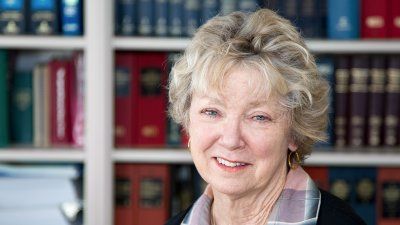
-
Bo Huang Delivers 2018 Byers Award Lecture on Boundary-Pushing Microscopy
Huang highlighted the microscopy work in his lab that has enabled a clearer understanding of the function of cells and the processes that underlie disease.
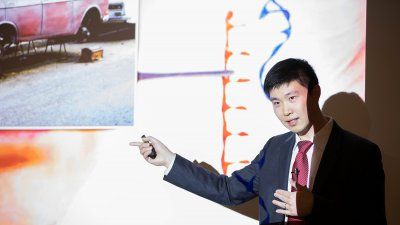
-
Byers Distinguished Professorship Awarded to Wendell Lim, Chair of Cellular and Molecular Pharmacology
UCSF Chancellor Sam Hawgood announced Wednesday that Brook and Shawn Byers have established the Byers Distinguished Professorship, which will be awarded to Wendell Lim.
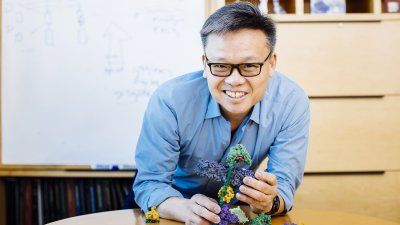
-
Cavity Prevention Approach Effectively Reduces Tooth Decay
A scientifically based approach that includes a tooth-decay risk assessment, aggressive preventive measures and conservative restorations can dramatically reduce decay in community dental practices.
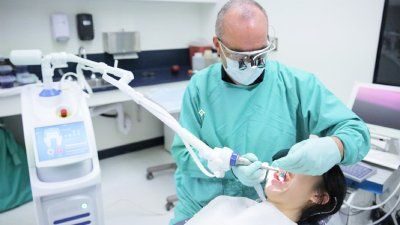
-
A Heartbreaking New Study Shows What Happens to Women After They Are Denied Abortions